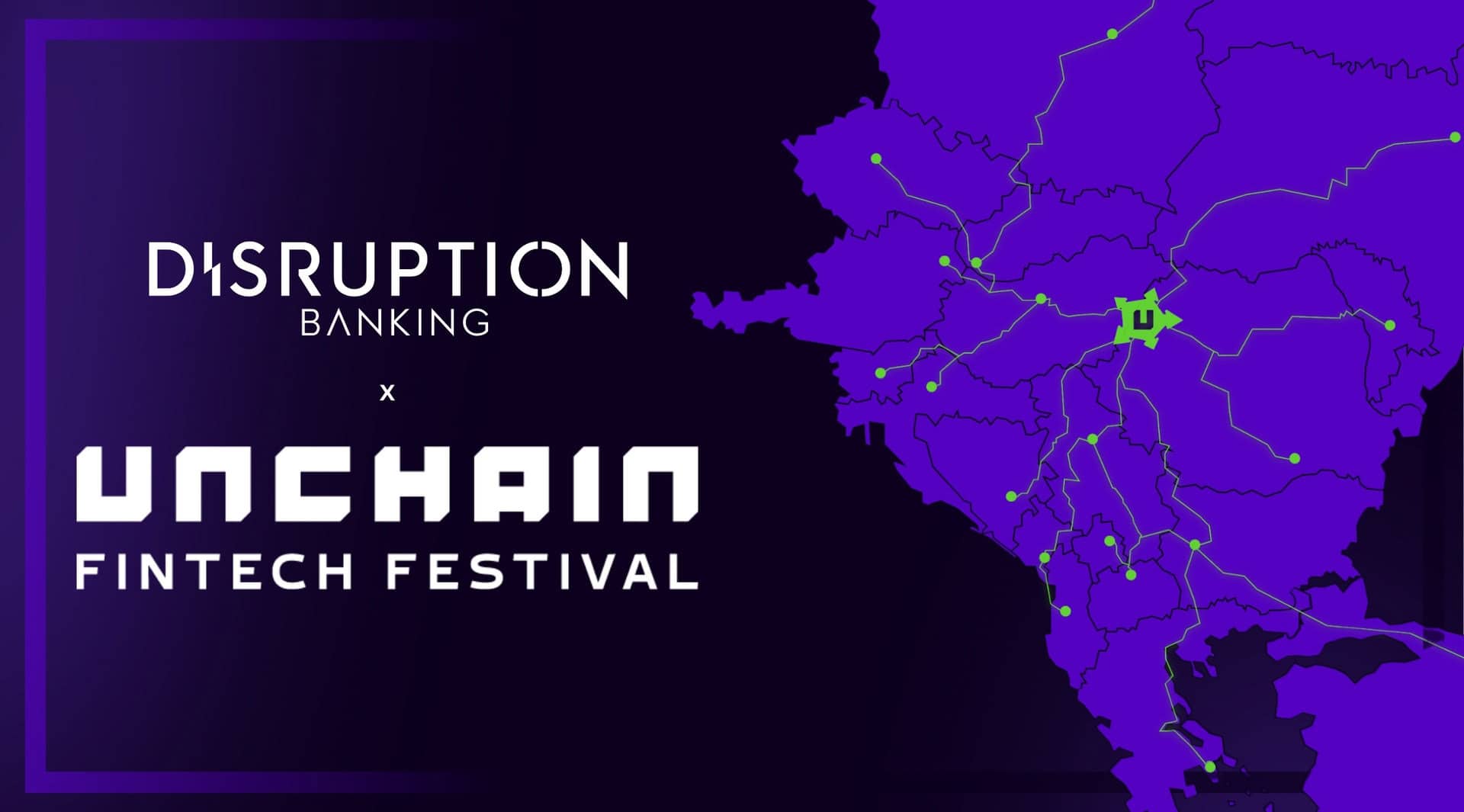Each year the city of Oradea in Romania welcomes delegates attending the Unchain Festival. The weather is hot. The speakers are of the highest calibre. And the hospitality is next level.
Imagine a fintech event in a medieval fortress. Imagine the various military coalitions that were part of everyday lives back when the fortress was in its heyday. Polish foot soldiers. Venetian archers. Hungarian horsemen. Romanian pikemen. Germans. Slovakians. Czechs. Bulgarians. Austrians. Russians. Moldovans. Croatians. These were the types of soldiers that held back the Ottoman Turks in 1660.
Much like at the siege of Oradea in 1660, where there were less than 1,000 occupants of the fortress. The Unchain Festival gathered similar numbers this June. But in 2024 the occupants of the fortress were less worried about the Turks and more worried about challenges brought on by the rise in popularity of AI. Another topic that the speakers battled with was the continuous need for finance amongst small medium enterprises. What they all agreed on was how banks and fintechs need to continue to collaborate. Much like the imperial armies had to collaborate with local militias more than 350 years ago.
Chris Skinner At the Davos of Central Eastern Europe
Chris Skinner is a legend in Fintech. He was already a legend before we started Disruption Banking in 2017, and he will undoubtedly continue to be a legend in the future too. This year was his first trip to Oradea. It coincided with the release of his newest book – Intelligent Money.
In less than two weeks, #fintech professionals and enthusiasts will experience the festival’s extraordinary lineup of 70+ international speakers
— #DisruptionBanking (@DisruptionBank) June 6, 2024
Chris Skinner will be joining #UNCHAIN for his latest book launch – Intelligent Money.https://t.co/yPfTMFbuQL pic.twitter.com/RSNx1PtCjK
Bankers, fintechs, regulators, and enthusiasts of all things disruption are the ideal audience for someone like Chris Skinner. Some of our readers might remember how Chris was one of the main speakers during the early days of the Fintech Digital Congress in Warsaw. Today, he is better known in places like Dubai, Singapore, Amsterdam or London. However, he keeps a strong link to the fintech markets of Central Eastern Europe. Many of the delegates at the Unchain Festival were delighted to be able to meet him in person during the event.
European Fintech Associations Unite
Last year the biggest surprise for our editorial team at the Unchain Festival was the presence of academia. This year they were there again, with Dr Vasile Alecsandru Strat joining a panel early on the first day of the event.
This year something different happened. The representatives of both fintech associations as well as individual fintechs from across central eastern Europe were far more visible. And they got plenty more stage time.
You wouldn’t necessarily expect to find the heads of the Spanish or Norwegian fintech associations at an event in Romania. But there they were, and not only them. Hungarian, Polish, Bulgarian, Romanian, Czech, and Slovakian fintech associations were also represented. Not only that but Niklas Sandqvist, Co-Secretary General of the European Digital Finance Association, was also in attendance. The presence of such an array of fintech leaders meant it was a great opportunity for each fintech ecosystem from the CEE region to get on stage and showcase the various levels of maturity that their ecosystem had reached so far.
They didn’t disappoint.
Polish and Romanian Fintech Associations Sign Memorandum of Understanding
During the onset of the second day of proceedings, the content stage was where the various fintech associations coalesced. And the first event of the day was the signing of a ‘memorandum of understanding’ between the Polish and Romanian fintech associations. Pawel Widawski, the President of the Polish fintech association and Cosmin Cosma, President of the Romanian fintech association took the stage to finalize an agreement between their individual associations.
Big moment for the Polish and Romanian Fintech Associations as they sign a memorandum of understanding at #unchain #fintech festival in #oradea pic.twitter.com/jNhsbb0fWS
— Andy Samu (@Andysamu) June 20, 2024
This was the moment that delegates had been waiting for. The first panel of the content stage was about ‘where to look for success in this market’. A handful of startups from across the region had already declared their interest in growing a business in Romania, which was the main topic of the panel. The Polish perspective was taken under consideration when looking for success in the Romanian market. Panelists reflected this international discussion.
Showcasing Central Eastern Europe’s Fintech Associations
The next panel on the content stage was dedicated to the Czech Fintech Forum. This time Martin Korbelar, Fintech Ambassador to the Czech fintech association supported three of the most enticing fintech representatives on the Czech market. This included companies like Applifting, Deloitte, and Wultra.
Next was the Slovak panel, followed by the Bulgarian, Hungarian and Romanian fintech panels. All the panels extolled the strength of their individual fintech markets. It was also a great opportunity for delegates to take a deep dive into more specific fintech initiatives taking place across the markets. Importantly, the banking delegates present were particularly keen on hearing more. Especially as many of the heads of innovation from banks across the CEE were looking for new partners to work with.
The initiatives discussed by the panelists were related to topics such as artificial intelligence, hyper-personalization, embedded finance and SME lending, amongst others. It was the first time that our editorial team had ever seen such an array of fintech leaders from the region in one place. The organizers were doing everything they could to live up to the promise of an event on the par of Money 20/20 or Davos.
Of course, the Unchain Festival is about much more than a summary of what is happening in the fintech market in central eastern Europe. It is also about what next for regulation, how to get funding and a lot more. Next year we hope to see further regions from eastern Europe represented at the event, and we hope to see more important conversations that can drive change and transformation into a region that is yet to fulfil its potential as a leader in innovation globally.
Author: Andy Samu
See Also:
The Rise of the Retail Investor with Mosaic Alpha | Disruption Banking















